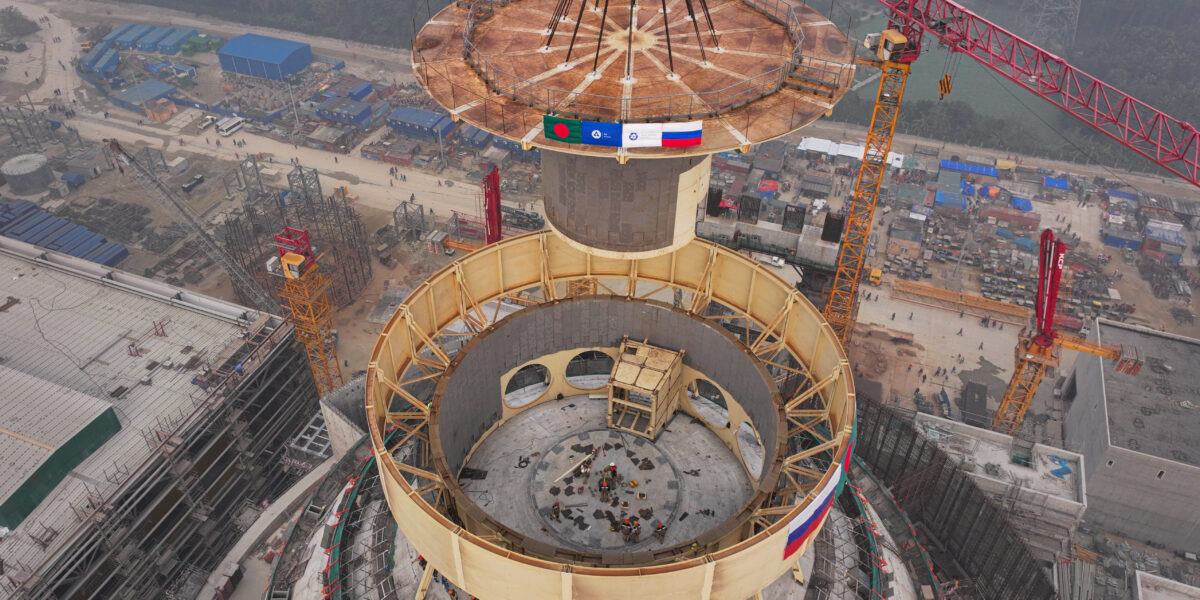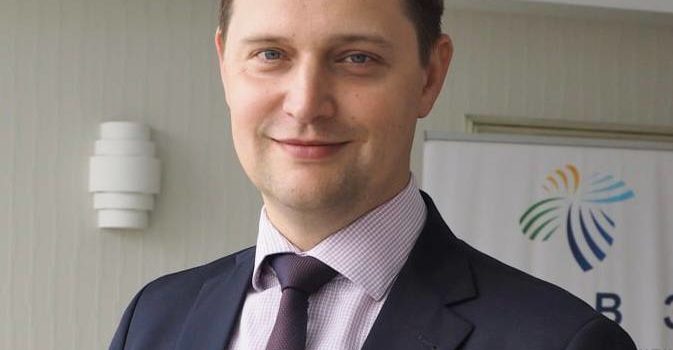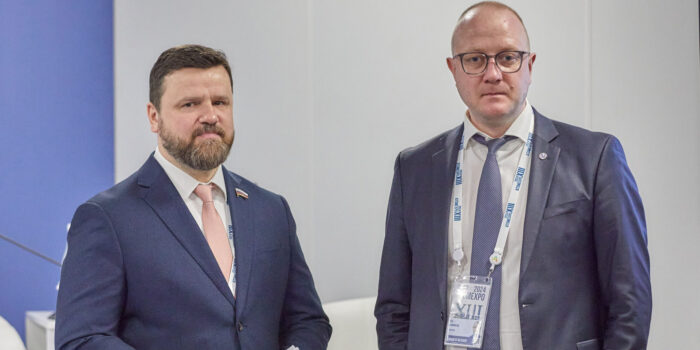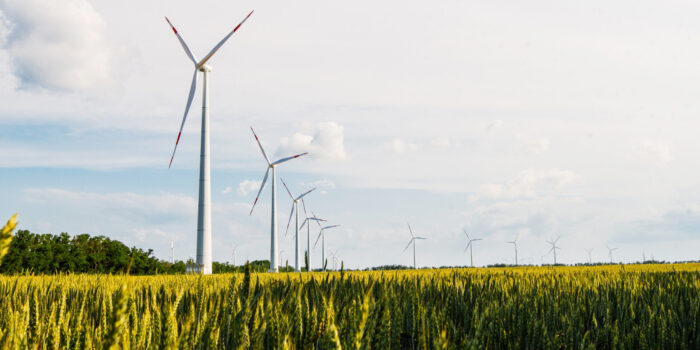Rosatom has been a partner for the countries of South Asia in the area of peaceful atom for many years. Rosatom has been present in India since the company’s establishment in 2007. In 2014, representative office of Rosatom was opened in Dhaka, Bangladesh.
Rosatom projects in Bangladesh
Rooppur NPP
The Russian-design Rooppur NPP with two reactors of VVER-1200 type with a total capacity of 2400 MW is being constructed under the general contract of 25 December 2015. It is located 160 km from the capital of Bangladesh, Dhaka. The first NPP in Bangladesh is being constructed based on the Russian design with VVER-1200. This is a Gen III+ evolutionary design fully compliant with international safety requirements.
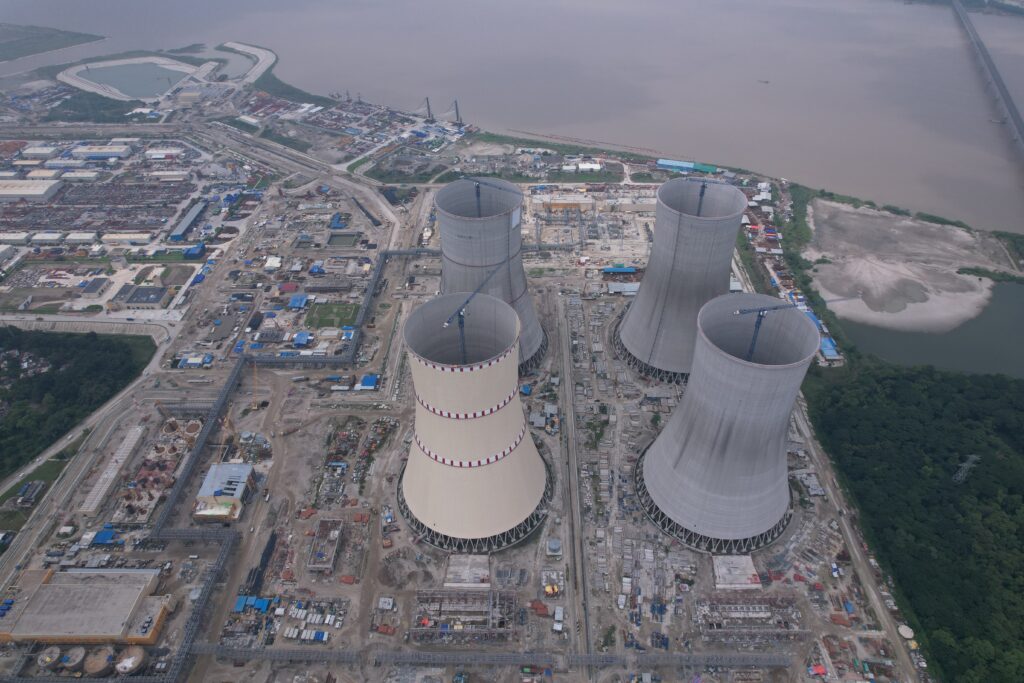
In 2017, the Bangladesh Atomic Energy Regulatory Authority (BAERA) granted the Bangladesh Atomic Energy Commission (BAEC) a license to construct the Rooppur NPP. The ceremonies marking the first concrete pouring for units 1 and 2 took place on 30 November 2017 and in July 2018, respectively.
Intensive construction works are now underway at the Rooppur NPP site in Bangladesh. In October 2023, the first batch of fresh nuclear fuel was delivered to the construction site. The leaders of the two states, Prime Minister of the People’s Republic of Bangladesh Sheikh Hasina and Russian President Vladimir Putin, participated in the official ceremony to celebrate granting the nuclear facility the status of the first nuclear power plant in Bangladesh. The leaders of the two states took part in the ceremony via videoconference.
Personnel and development of local communities
In 2021, at the peak of the construction stage, there were more than 30 thousand employees at the Rooppur NPP site. Of these, 6 thousand people had arrived from other countries to work at the Rooppur NPP site, the others were locals (more than 80% of local employees at construction peak, in 2021). Currently, more than 23 thousand people are engaged in the project. Also, more than 70 local companies are involved in the Rooppur NPP construction project.
In 2021, a training center opened at the Rooppur NPP construction site to provide training to operating personnel of various categories. The center is one-of-a-kind in terms of the equipment installed. Russian experts have developed all educational and methodological programs allowing the Bangladeshi partners to train their personnel independently in the future. In total, it is planned to train more than 50 groups of Bangladeshi.
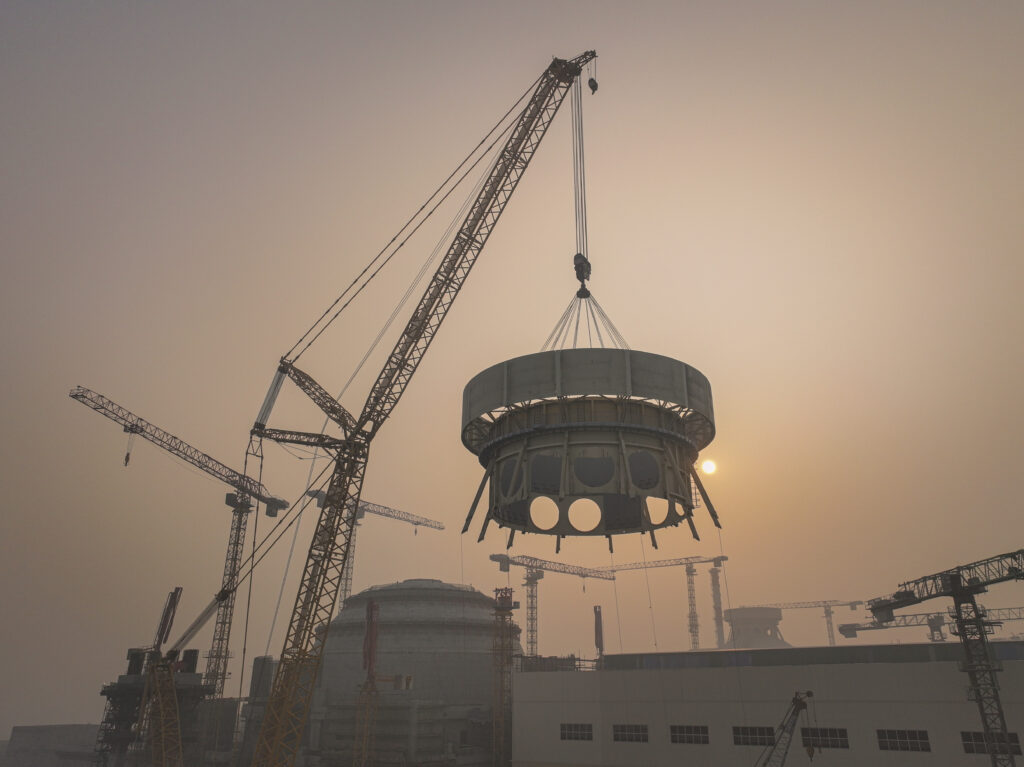
Rosatom is actively involved in the public life of the region, being also engaged in raising public awareness of Russian nuclear technologies safety and their use in various spheres of life. There is an Atomic Energy Information Center in the capital of the country, Dhaka, and a Public Reception office in the city of Ishwardi, both hosting expert lectures, quizzes, science games and other events on a regular basis.
Rosatom projects in India
Kudankulam NPP
The major nuclear energy project within Indian-Russian cooperation is the construction of the Kudankulam NPP consisting of six Russian-design power units with light water reactors of VVER-1000 type. The NPP is located in the Tirunelveli district of Tamil Nadu.
The project is being carried out with Russia’s technical assistance, i. e. the Russia’s scope includes the design of the plant, supplies of the main and some auxiliary equipment, installation supervision and personnel training. The construction and installation, commissioning and operation of the units are within the scope of the Indian party.
In June 2022, Rosatom’s TVEL Fuel Company supplied the first batches of TVS-2M fuel assemblies, a new type of fuel with an increased fuel column height, to the Kudankulam NPP.
In October 2022, Unit 1 of the Kudankulam NPP with the first TVS-2M batch was brought to its rated power for an 18-month campaign.
Unit 1 of the Kudankulam NPP operated at power for about 450 effective days as scheduled, and at the end of January 2024 it was shut down for scheduled outage and partial refueling.
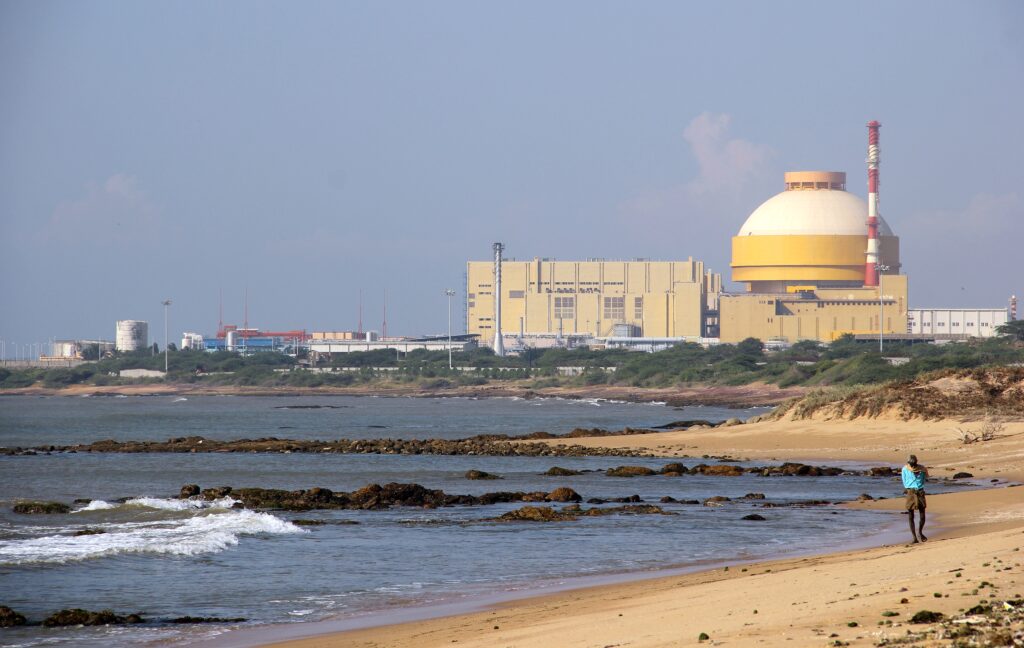
The full transition to the TVS-2M core requires three partial refuelings. In 2024, the second batch of TVS-2M will be uploaded into the reactor of Unit 1 at the Kudankulam NPP, which means that more than 2/3 of the core will be TVS-2M fuel assemblies.
The first batch of TVS-2M assemblies will be loaded into the reactor of Unit 2 at the Kudankulam NPP in the summer of 2024 during the scheduled outage, and then Unit 2 will also have an 18-month fuel campaign.
The longer fuel campaigns increase the economic efficiency of a nuclear power plant as less frequent outages of the unit bring about the increased capacity factor of the NPP, i. e. the NPP generates more electricity a year.
The launch of the units 3 and 4 of the Kudankulam NPP, which are being built with Russia’s participation, will take place within one and a half to two years.
Prospective agenda
The success of the Kudankulam NPP construction project lays a solid foundation for further cooperation between the two states in using nuclear energy for peaceful purposes. Cooperation already goes beyond the borders of India. Indian companies are involved in Rosatom’s project of the construction of the first nuclear power plant in Bangladesh – Rooppur NPP. In particular, Hindustan Construction Company is engaged in construction and installation of turbine-generator buildings, and Paharpur Cooling Towers is constructing all four cooling towers and two pumping houses of the power units.
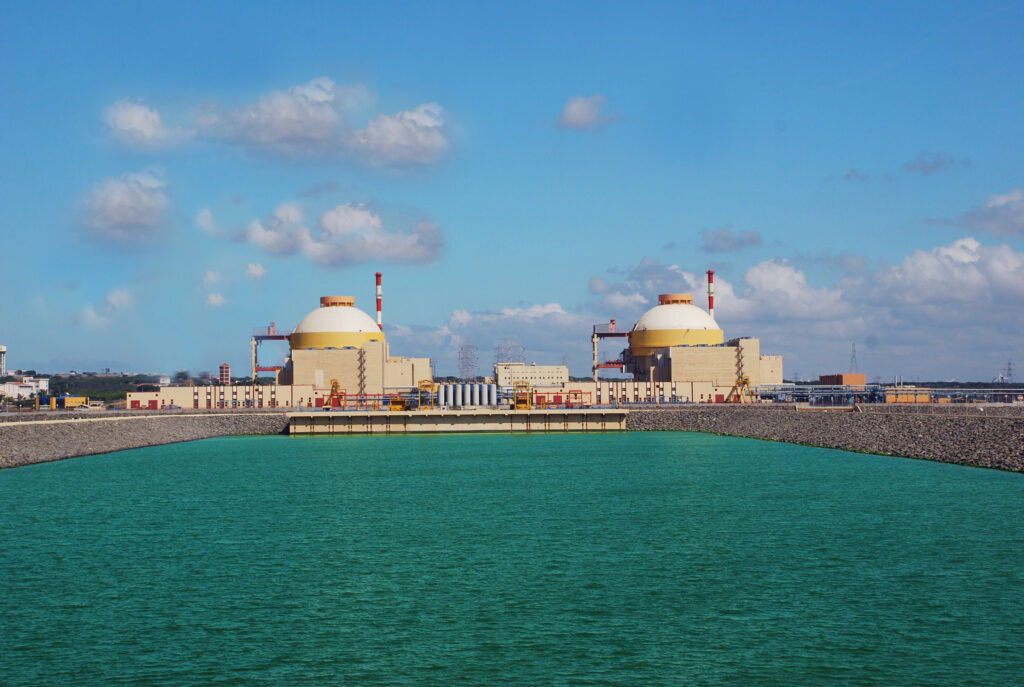
Other new areas of cooperation are being discussed, in particular, the construction of six more Russian-design large units on a new site and SMR-based NPPs in India. Cooperation in the area of the nuclear fuel cycle and non-power applications of atomic energy also looks promising.
India and Russia have big potential for developing cooperation in the scientific and engineering sphere, including controlled thermonuclear fusion as well as within the Russian project for the construction of a multi-purpose fast neutron research reactor in Dimitrovgrad, Russia.
At the same time, talks are underway on the development of the transit potential of the Northern Sea Route (NSR) jointly with Indian partners. Indian and Russian field-specific companies are discussing the possibility of regular supplies of Russian energy resources (oil, coal and liquefied natural gas) from the northwestern ports of Russia along the NSR to the ports of India with transshipment in Russian Far Eastern ports. The two states are also exploring cooperation options within the framework of the Eurasian Container Transit project for pilot international container transit along the NSR.

